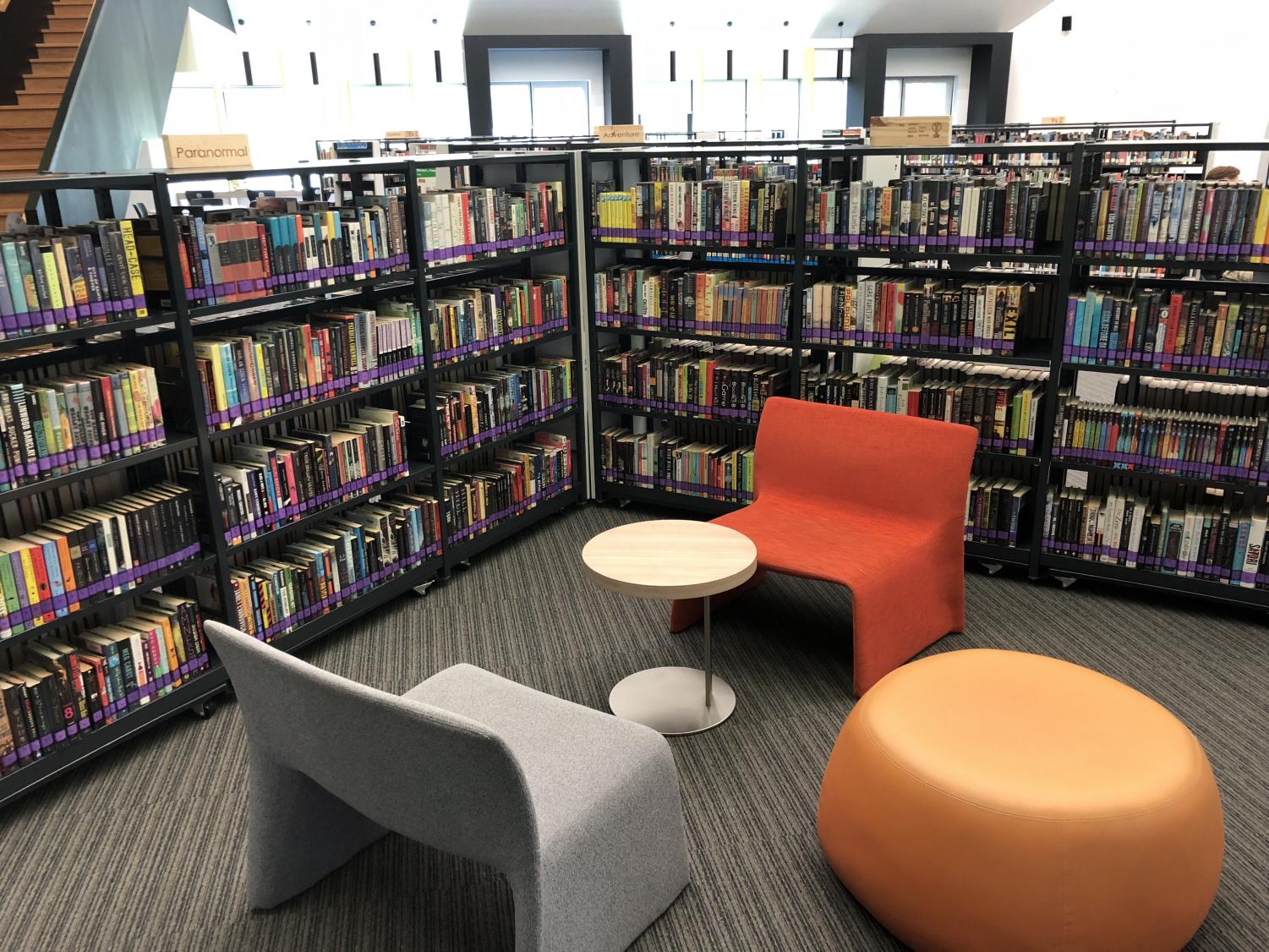What’s the Point of Reading?
February 22, 2019
From the time we were little, teachers, parents, and many other people have been trying to engrave presumably beneficial things into us. Things such as save your money, always follow the rules, and especially the relentless encouragement to read have been experienced by most people at one time or another. However, these things, (in particular reading) are not always relevant in our lives. One of the last things on the majority of high schoolers’ minds after seven hours of school and the time and energy spent on homework is to relax and unwind through reading. So, what is the point in reading for leisure?
While once a fun activity in which we took pride in when we were little, reading outside of school generally really does not stand the test of time. While technically speaking, high schoolers read more than elementary schoolers, it is often just mandatory reading for class. In fact, according to a study by Common Sense Media, less than 20% of high schoolers compared to 53% of nine-year-olds read for leisure every day.
Anatta Tantiwongse (11), who recently gave a TEDx Talk regarding reading, may explain the reasoning behind these statistics, “I think to elementary schoolers, reading is still an activity which incites real excitement when compared to us ‘jaded’ high schoolers.” She continued, “When you’ve just spent hours working through several pages of note-taking and assignments, sitting down to do some more intellectually engaging and thought-stimulating reading, albeit for leisure purposes, might not feel like the most satisfying reward for your hard work.” Ayla Cilliers (9) also added, ”the feeling of having to pick up a book is sometimes something that seems as if it will take up so much more energy once you are already tired from homework.”
Another relevant cause for the decrease in reading for high schoolers is technology and social media. Technology provides an attention-grabbing escape from the stresses of our everyday lives and there is always something new to watch or experience through it. Ayla Cilliers (9) comments, ”I think that having the option to watch something, to consume such simple and condensed content can be more appealing than sitting down to read a lengthy or convoluted book.”
The American Psychological Association supports this speculation through a study which found that over 80% of teens check social media daily. However, with this comes some serious repercussions. For one, by surrounding and comparing yourself with an unrealistic representation of other peoples lives through social media, our brains paint an unrealistic picture of how our world should be which is likely to cause lots of problems with our mental health (Psychology Today).
On the contrary, when you read, you delve into another world which, generally speaking, sets more realistic expectations of life. Also, according to Neuroscientist Susan Greenfield, when you read, your attention span increases, memory gets improved, and your brain activity is boosted.
Another important benefit from reading is writing. According to the Huffington Post, reading can help you find new inspiration, learn more about different genres, improve your writing vocabulary, gain new knowledge, and improve fluent comprehension. Whilst reading to improve your writing may seem quite pointless and irrelevant at times, by reading and therefore improving your writing, you are better preparing yourself and strengthening the necessary skills needed for future writing. This is especially important when considering the extremely relevant future writing we have to complete such as the EE, college application essays, college essays, as well as many others.
There are many valid reasons why there is such a large decrease in high schoolers reading for leisure and these should be taken into account when addressing the issue. That being said, the importance and relevance of reading outside of school are very underexpressed in modern society. Things such as homework, Netflix, social media, etc., take away from our desire to read as we get older, and we should consider how they affect us versus how reading can benefit us.
